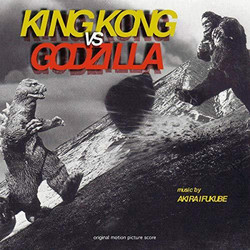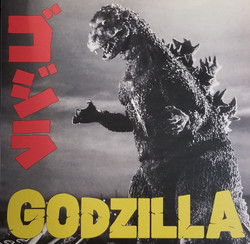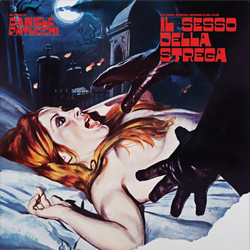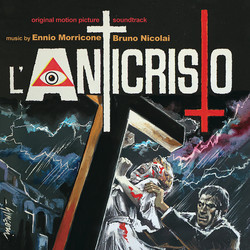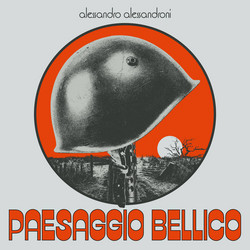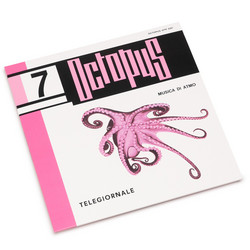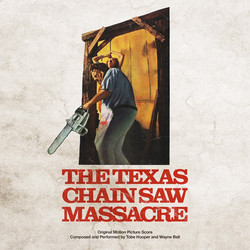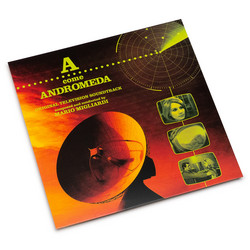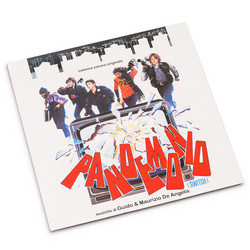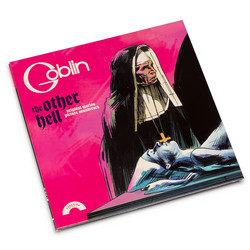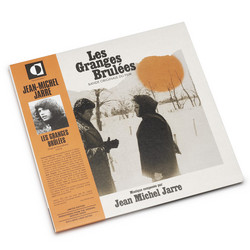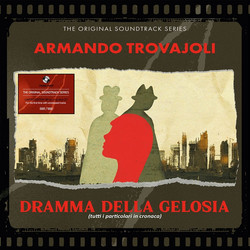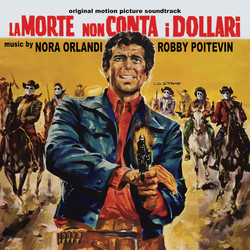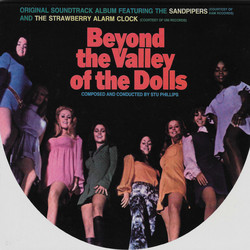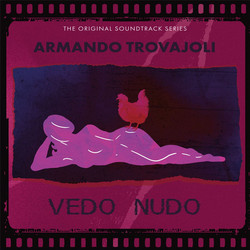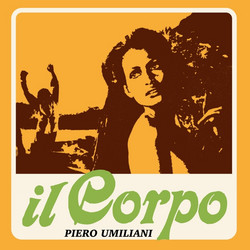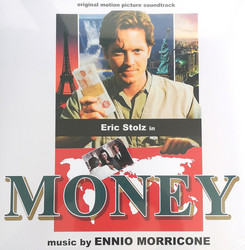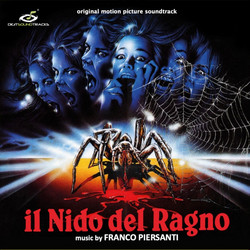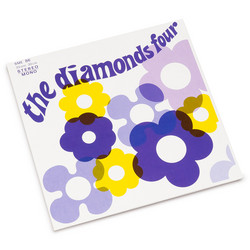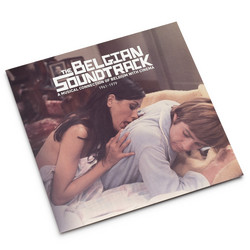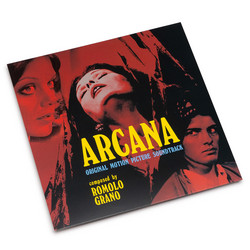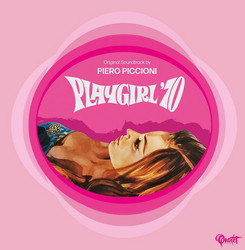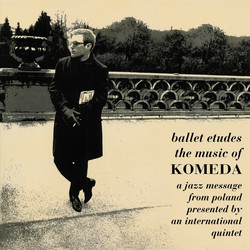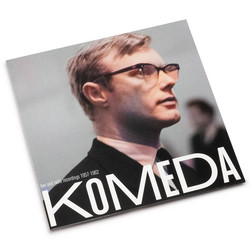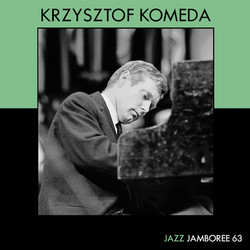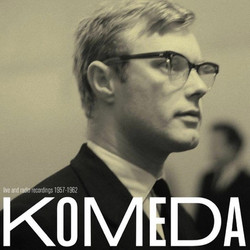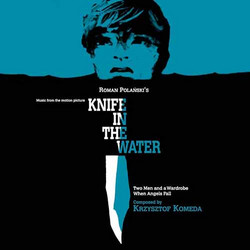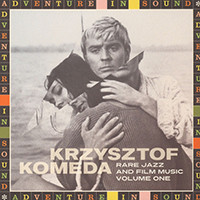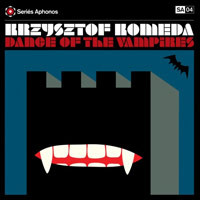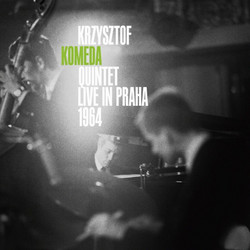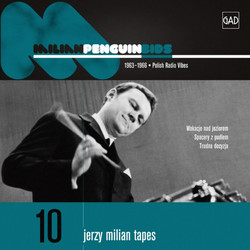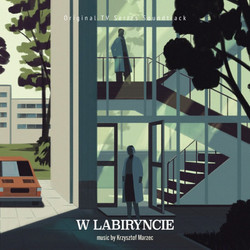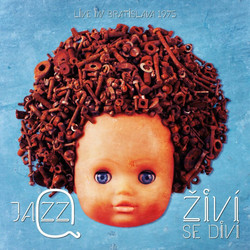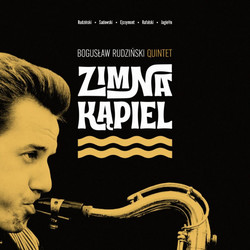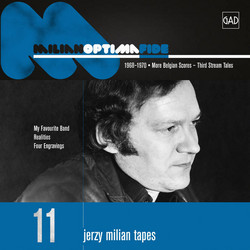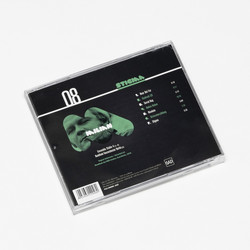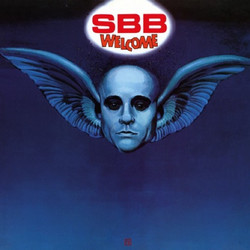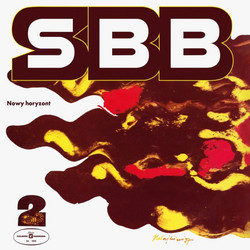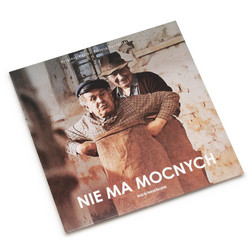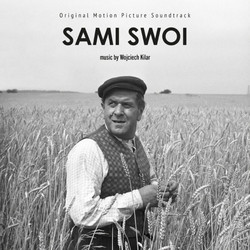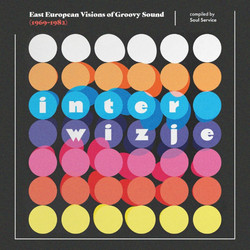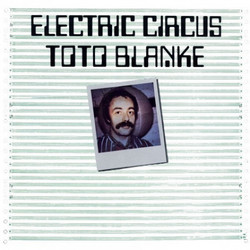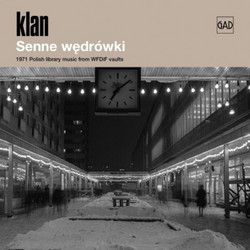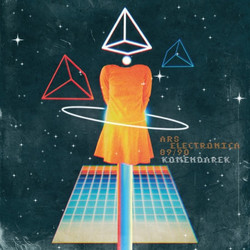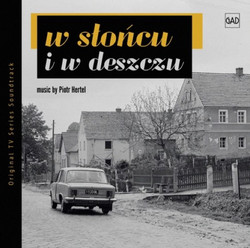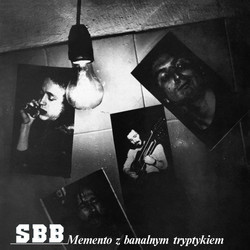*2022 stock.* Two forgotten films from the same year, with similar themes and music by the same composer. The album "Mam Tu Swój Dom" presents previously unpublished recordings of film music by Krzysztof Komeda, who, it turns out, found himself as at ease in short, intimate forms arranged for unusual instrumental lineups as he did in jazz.
Krzysztof Komeda's film music is still to some extent an undiscovered land. In addition to the timeless and legendary works ("Nóż w wodzie", "Niewinni czarodzieje" or "Ręce do góry", to name just a few of the titles made in Poland) there are films that are completely forgotten today, which after their theatrical release have extremely rarely returned to the screens. Such a picture is Julian Dziedzina's "Mam Tu Swój Dom," which is an intimate, moral study of human attitudes in the contemporary Polish countryside. Krzysztof Komeda prepared an equally intimate musical illustration for this picture, modest in instrumentation. It's as if he premeditatedly imposed limitations on himself, searching for the most interesting consonances in the available timbres. And he unquestionably succeeded in doing so in phrases full of anxiety, reverie or joy. In a similar mood was maintained the music for the film "Ubranie prawie nowe" by Vladimir Haupe (also dealing with rural themes), which completes the present album.
"Mam Tu Swój Dom" is being released in a remastered edition from original tapes from the archives of CeTA's Center for Audiovisual Technologies in Wroclaw. The album is accompanied by an extensive booklet with text on the music, stills from the film and memorabilia. This is another fruit of GAD Records' cooperation with the guardians of the memory of the Wroclaw Feature Film Studio. CeTA's collection houses more than 10,000 unique film costumes and unpublished film music by Wojciech Kilar, Adam Slawinski, Piotr Hertel, Włodzimierz Nahorny or Jerzy Derfl.
All tracks ℗ 1963. This compilation © 2021 GAD Records in association with Centrum Technologii Audiowizualnych.
Nagrań dokonano prawdopodobnie w Warszawie w Studiu Polskiego Radia, przełom zimy i wiosny 1963 r. ("Mam tu swój dom") oraz 11 października 1963 r. ("Ubranie prawie nowe").
